A Report on the Problems of Sex Worker Refugees Has Been Published
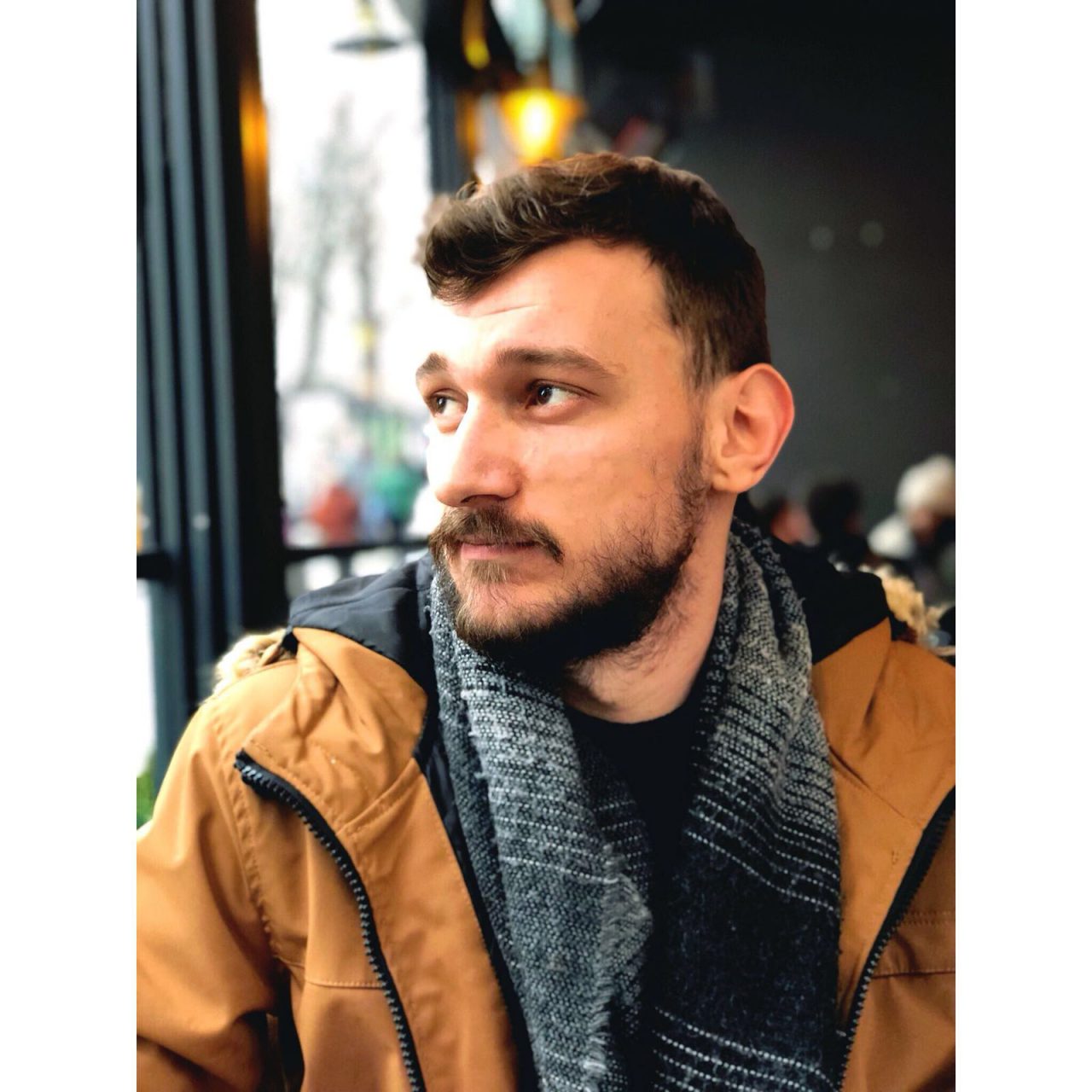
We interviewed Tolga Tuneli from Red Umbrella Sexual Health and Human Rights Association about their report on sex work and Syrians that are under temporary protection in Turkey.
Interview: Hatice Aktay, 26.02.2018
What is aim of the report? How was it prepared?
Kemal Ördekçi prepared it. Many sex workers came to the Association to learn about our activities and where they can get support from. We came up with the idea of interviewing those people. There are many humanitarian aid associations but we know that they don’t do anything about sex work. They work about women, children, LGBTI+ but not about sex work. There are many different international institutions working about refugee sex workers. We did field studies in Adana, Mersin, İstanbul, İzmir, Diyarbakır, Hatay, Eskişehir and Ankara. We paid regard to their vulnerability during the interviews. The biggest problem was about language. We did these interviews with the help of a translator. We had problems with the transportation as they had to change places a lot. We also interviewed relevant CSOs, public institutions, local government’s health services.
What are the daily life problems of refugee sex workers?
They have economic problems and can hardly reach any healthcare service. They don’t have any information about the justice and health system here. Many of them don’t use condoms because their customers don’t want them to. Many of them know that they can inform the police in case of a violent attack, but they don’t because they think they would lose their jobs. They don’t want to lose their job because it is the only way for them to get by. There are also LGBTI+ people who cannot express their identities freely in their countries. Here, they can but they face different kind of restrictions. Being both Syrian and LGBTI+ triggers the “bad” in society. There are many right violations as such in the report. Syrian sex workers choose this to survive, to fulfil their needs. Other reasons come up as childcare and human traffickers.
What kind of demands do the people coming to your association have?
Mostly, they want information and help about how to transfer to another country. But, of course, the Association is not authorized to do that. We started to receive more phones and demands while we were doing field studies. So, we needed to meet the demands somehow. The Association doesn’t give economic help but we direct people to the right places. We, as a CSO, constantly study on how to help these people. We translated our booklets called “sexual and reproductive health” into Arabic as basic information.

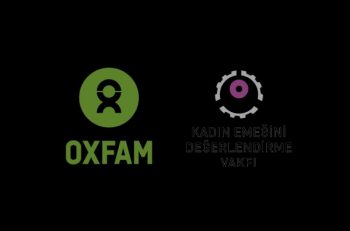

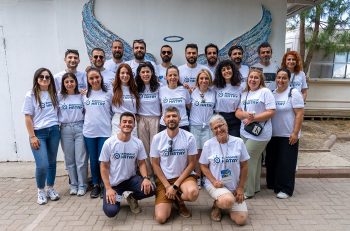

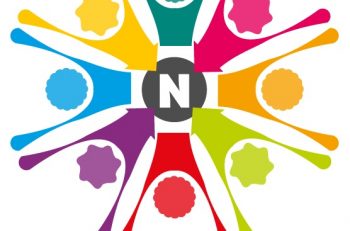
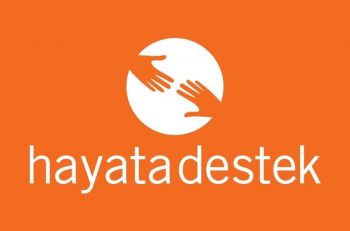

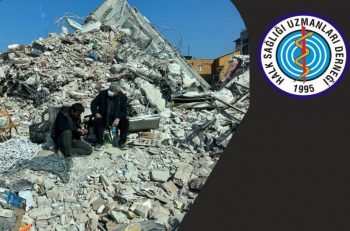
Bizi Takip Edin